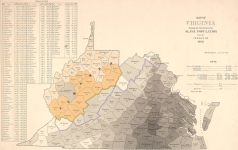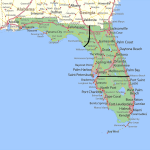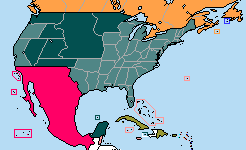Ricardolindo
Well-known member
- Location
- Portugal
What if the Northwest Ordinance had been extended to the Louisiana Territory? This would have banned slavery in Arkansas and Missouri. Arkansas almost certainly would have legalized it after gaining statehood but I doubt Missouri would have. What do you think would have been the effects of this? An obvious one would be that, with Missouri as a free state, there would be no Bleeding Kansas.




